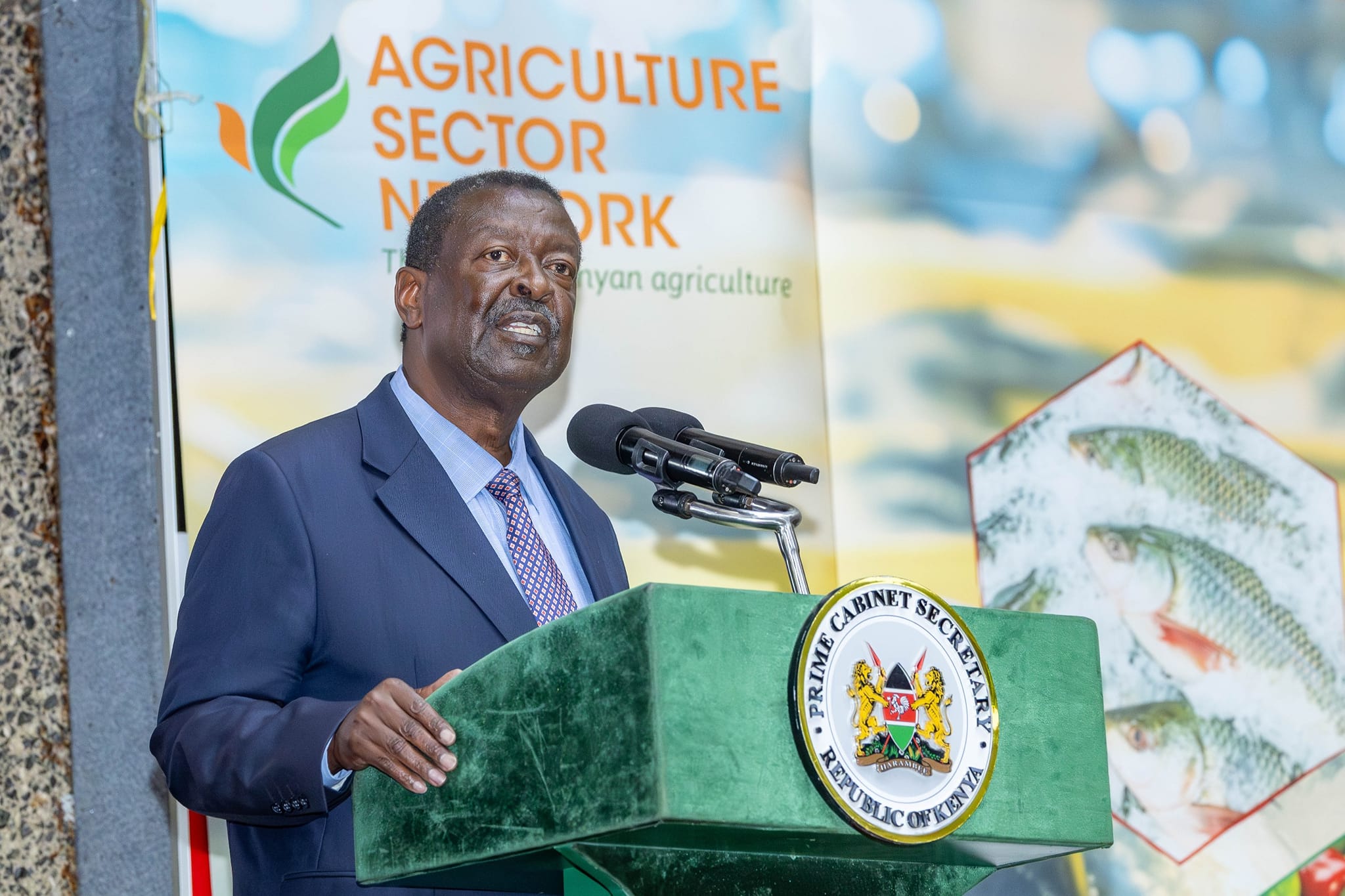
 Prime Cabinet Secretary Musalia Mudavadi./HANDOUT
Prime Cabinet Secretary Musalia Mudavadi./HANDOUT
The Kenyan government has confirmed it is working to secure the release and safe return of nationals caught up in the ongoing Russia-Ukraine conflict.
In September, Russian national Mikhail Lyapin was arrested, questioned, and later deported over links to a recruitment ring. While the DCI initially said Lyapin was working for the Russian embassy, the mission denied he was a diplomat.
In a statement released Monday, Prime Cabinet Secretary and Foreign Affairs Cabinet Secretary Musalia Mudavadi said the government had taken note of reports of Kenyans trapped in Russia’s military operations and was taking steps to ensure their safety.
“The Government, through the Ministry of Foreign Affairs, has constructively engaged with the Ministry of Foreign Affairs of the Russian Federation in a bid to secure the release of the Kenyan citizens in distress and ensure their safe passage home,” Mudavadi said in the statement.
Mudavadi revealed that Kenyan and Russian officials held a crucial meeting last month to address the plight of Kenyans detained in military camps across Russia.
“The meeting addressed the need for the Kenyans, including those detained in various military camps across the Russian Federation, to be facilitated to reach Kenya’s mission in Moscow, from where it will be easier for the government to organise their shipment back home,” he stated.
According to the government, several Kenyans have already been rescued from military bases and provided with emergency travel documents to return home. The Ministry added that efforts were ongoing to determine the exact number of citizens detained or stranded in Russia.
"The Mission rescued several Kenyans from those held at military bases and
facilitated emergency travel documents to ensure their safe return back to
their families," MuUdavadi said in the statement.
The Russian Foreign Ministry acknowledged the complexity of the situation, noting that victims of different nationalities had been caught up in military operations after entering into “voluntary contracts” with recruiters. It also admitted that the problem had been worsened by agents posing as government representatives.
“Kenya expressed its concern that its young citizens continue to be lured by such corrupt and ruthless agents to travel to Russia and unknowingly find themselves in the Russian military operation,” the statement read.
The two governments have now agreed that “those being held without their consent should be released to the Kenyan Mission in Moscow with immediate effect.”
The embassy has been directed to stay in touch with affected Kenyans and assist anyone who manages to leave the camps.
To curb further exploitation, the government has directed immigration and security agencies to tighten vigilance at border points and airports to identify and arrest agents involved in the illegal recruitment of Kenyans for conflicts abroad.
The Kenyan Embassy in Moscow has also issued a public advisory warning citizens planning to travel to Russia or nearby regions to remain alert. It urged all Kenyans visiting the country to register with the mission to access consular support when needed.
Mudavadi emphasised that while the government works to rescue its citizens, Kenya remains committed to strengthening ties with Russia.
“The Government of Kenya through the Ministry of Foreign Affairs is keen on strengthening relations with the Russian Federation on the Economic framework and other areas of mutual interest,” he said, adding that both countries are negotiating a Bilateral Labour Agreement to ensure Kenyans can access “genuine job opportunities in Russia.”
The statement underscored that the government remains “seized of the matter” and is determined to protect Kenyans abroad from exploitation and harm.













